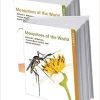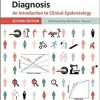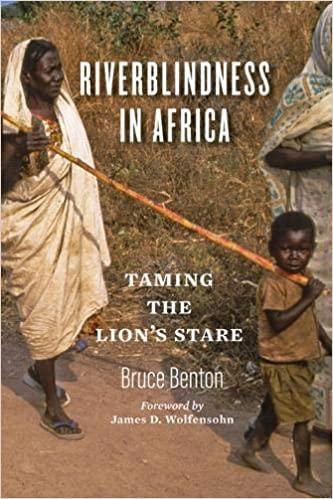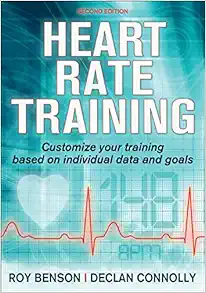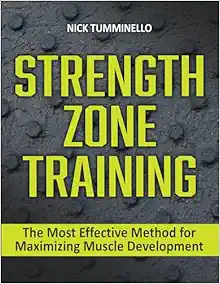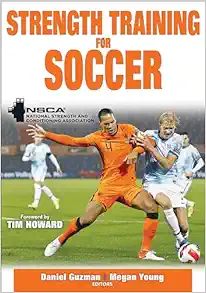Riverblindness in Africa: Taming the Lion’s Stare Hardcover – December 1, 2020
8 $
Delivery time: Maximum to 1 hours
Riverblindness in Africa: Taming the Lion’s Stare Digital eBook – December 1, 2020
The remarkable story of how a large public-private partnership worked to control and defeat riverblindness―a scourge which had devastated rural communities and impeded socioeconomic development throughout much of Sub-Saharan Africa for generations.
Riverblindness (onchocerciasis)―a pervasive neglected disease, transmitted by the blackfly, that causes horrific itching, disfigurement, and loss of vision―is also known as “lion’s stare” in reference to the fixed, lifeless glare of the eyes blinded by the disease. The disease has destroyed countless lives for generations, particularly in Africa. Its effects are so devastating that the areas where it is most common (large expanses of land around rivers where the fly breeds) end up abandoned as villages move farther and farther away to more arid environments in order to escape the fly-biting, and hence the disease. The disease devastates communities from multiple angles: a large portion of each stricken community’s population is disabled, often permanently blind in the prime of life, placing a burden on the rest, and communities’ efforts to escape infection force them to move to areas where farming is less productive.
To defeat riverblindness would not only release these communities from the heavy toll of the disease, but would also open more fertile areas in Africa to be inhabited, thus alleviating extreme poverty. These were the goals of the World Bank, led by then-president Robert McNamara, when launching a partnership to combat riverblindness more than forty-five years ago. In this book, Bruce Benton tells the remarkable story of that partnership’s success. An authoritative account of the launch and scale-up of the effort, the book covers the transformation of the fight from a top-down high-tech operation to a grassroots drug treatment program covering all of endemic Africa. How, Benton asks, did the effort become such a unique partnership of UN agencies, donors, NGOs, a major pharmaceutical company, universities, African governments, and the stricken communities themselves?
Highlighting the importance of disease control in alleviating absolute poverty and promoting development, Benton examines the key developments, individuals, and notable qualities of the partnership in realizing success. He also extracts lessons from this particular story for addressing future challenges through partnership. Drawing on Benton’s twenty years of experience managing the riverblindness program for the World Bank, along with extensive research and interviews with 100+ players in the program, Riverblindness in Africa is the first and only book of its kind. The story of the battle has an epic scale, both in terms of geography and the vast number of people and organizations involved. It provides a template for a broad range of global health efforts and is an excellent example of evolving, increasingly effective approaches to disease control and elimination.
Product Details
|
Related Products
Basic Medical Book
Electrocardiography of Channelopathies: A Primer for the Clinical Cardiologist (PDF)
Basic Medical Book
Creative Thinking And Arts-Based Learning: Preschool Through Fourth Grade, 7th Edition (PDF)
Basic Medical Book
Basic Medical Book
Basic Medical Book
Basic Medical Book
Secrets Of Successful Program Design: A How-To Guide For Busy Fitness Professionals (PDF)
Basic Medical Book
Basic Medical Book
Basic Medical Book
Strength Zone Training: The Most Effective Method For Maximizing Muscle Development (PDF)
Basic Medical Book
Basic Medical Book
Basic Medical Book
Basic Medical Book
Velocity-Based Training: How To Apply Science, Technology, And Data To Maximize Performance (PDF)
Basic Medical Book
All-Pro Performance Training: An Insider’s Guide To Preparing For The Football Combine (PDF)
Basic Medical Book
The Language Of Coaching: The Art & Science Of Teaching Movement (PDF)
Basic Medical Book
Basic Medical Book
2023 & 2024 NIRSA Flag & Touch Football Rules Book & Officials’ Manual, 21st Edition (PDF)
Basic Medical Book
Achieving Excellence: Mastering Mindset For Peak Performance In Sport And Life (PDF)
Basic Medical Book
Neurodegenerative Diseases: Translational Models, Mechanisms, And Therapeutics (PDF)
Basic Medical Book
Breathe, Focus, Excel: Exercises, Techniques, And Strategies For Optimal Athletic Performance (PDF)
Basic Medical Book
Developing Speed (EPUB)- NSCA – National Strength & Conditioning Association, 2nd Edition
Basic Medical Book
Developing Speed – NSCA -National Strength & Conditioning Association, 2nd Edition (PDF)
Basic Medical Book
Personal Best Running: Coach Coogan’s Strategies For The Mile To The Marathon (PDF)
Basic Medical Book
Run Healthy: The Runner’s Guide To Injury Prevention And Treatment (PDF)
Basic Medical Book
Smarter Recovery: A Practical Guide To Maximizing Training Results (PDF)
Basic Medical Book
Basic Medical Book
Adapted Aquatics Programming: A Professional Guide, 2nd Edition (PDF)
Basic Medical Book
Genetics Primer For Exercise Science And Health (Primers In Exercise Science) (EPUB)
Basic Medical Book
Aquatech: Best Practices For Pool And Aquatic Facility Operators (PDF)
Basic Medical Book
Becoming A Sustainable Runner: A Guide To Running For Life, Community, And Planet (PDF)
Basic Medical Book
Breathe, Focus, Excel: Exercises, Techniques, And Strategies For Optimal Athletic Performance (EPUB)
Basic Medical Book
Basic Medical Book
Active Games For Children On The Autism Spectrum: Physical Literacy For Life (PDF)


